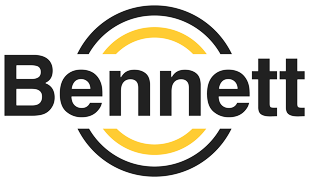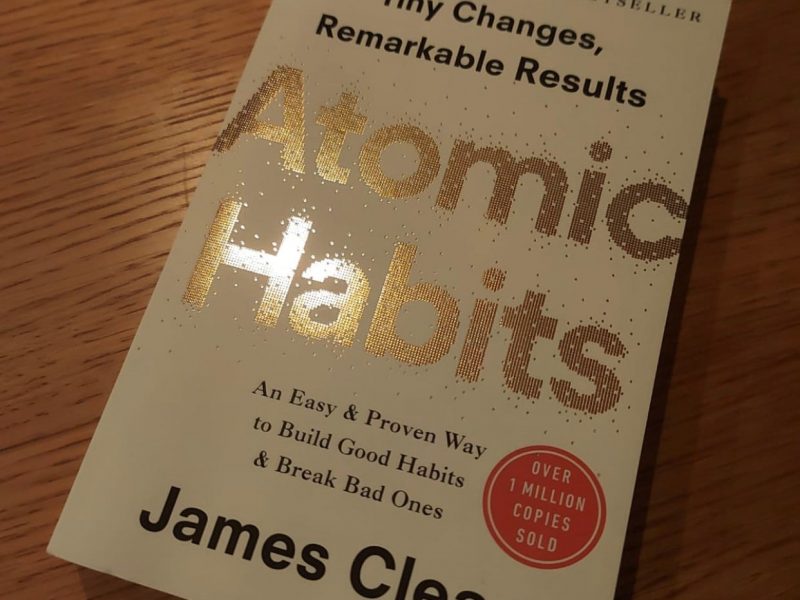Book Worms
To celebrate world book day John and Craig have told us all about the latest book they have been reading.
Craig told us about Atomic Habits by James Clear which he has rated as 10/10! Here’s his Q&A book review
What was the theme or central idea of the book?
Creating and eliminating habits.
What’s your main takeaway from the book that you will implement in life or at work?
Understanding how to generate a process to eliminate and generate to habits, one of which was to increase my motivation to read more. A 15min a day plan turned into 3 books within the first month.
What surprised you most in the book?
It didn’t just focus on positivity of creating good habits, it also look at bad habits and how to eliminate or adapt these, resulting in better performance and change of behaviour
Are the suggestions made in the book doable? Can you implement them?
YES! The book doesn’t give you a step by step process, more about 4 stages of habits to explore what would work for you and to give you the results you are looking for. I have managed to change and adapt 3 habits since reading this book.
Give me one solid reason why I should read this book …
Is there a habit you want to do more of or to stop doing? This book will help you do it, if you want to that is, not just saying it.
Humble Pi by Matt Parker is John’s book of choice.
What was the theme or central idea of the book?
A comedy of maths errors
What was the most illuminating thing you read in the book?
There were so many; every chapter is packed through of ‘crickey yes I can see how that would go wrong’!
The chapter headed up ‘when 4.3billion is not enough’ focussed on the fact that 4.3billion is the highest number you can produce using the 32bit binary number system and it’s used in time keeping in PCs. People thought 32b was massive but actually it counts down relatively quickly when you are counting in 10milisecond intervals!
What’s your main takeaway from the book that you will implement in life or at work?
The difference in day lengths in sidereal year to the tropical year; the tropical year is the one that matters as it’s the tilt of the earth. Whereas the time earth takes to go around the sun is different. Us earthlings tend not to care where we are in space (sidereal) but we do care about the seasons! The difference is just 21minutes and 25 seconds which might prove a problem for the star ship enterprise!
What surprised you most in the book?
At 3.14am on Tuesday 19th January 2038 many of our modern microprocessors and computers are going to stop working due to how they store the current date and time. The system was designed to start counting seconds from 1970 and is stored as a 32bit binary number which allowed for 2100billion seconds. A total of 68 years from 1970 which everyone thought was too far into the future and no need to worry but that date is starting to loom quite rapidly.
Is there anything controversial in this book that made you stop and think
Yes; American Jets that crossed the international date line and the systems wondered where they were… simply because they could not recognise the numbers and the system shut down for navigation, they were able to continue flying but had to follow a refuelling plane to land safely!
Has the book broadened your perspective on the topic?
It’s made me realise that behind what seems to be normal everyday life there are calculations going on all the time based on binary numbers which have limited size and we’re gobbling them up all of the time.
Give me one solid reason why I should read this book … a short one!?!
Written with humour shows this book shows how maths works in our daily lives and what happens when it goes wrong.
John then went on to tell us about another maths book he’s really enjoying … we’ll as him more about that next time!



